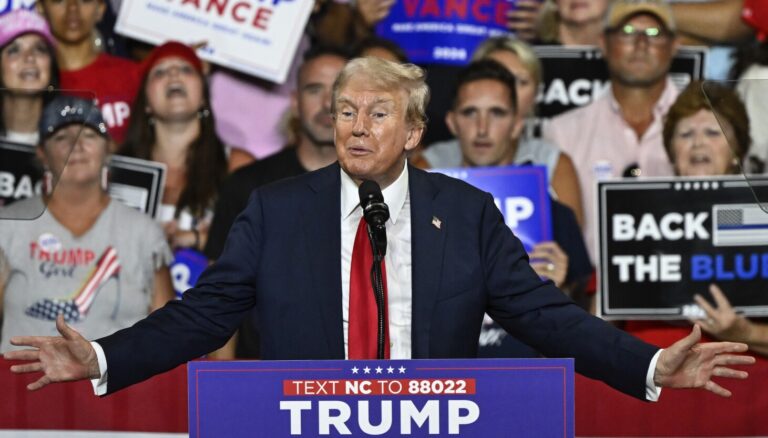With a cover image featuring a symbolic blend of colors and motifs, the Democracy Solutions Project is now in full swing, seeking to illuminate not only the problems persistently plaguing our democracy but also the potential solutions at hand. Our mission, in a nutshell, is to explore the crucial issues that confront our democracy and investigate effective responses to them.
In the heart of our survey is the National Nuclear Safety Administration (NNSA), an obscure yet vital agency under the Department of Energy. The NNSA is responsible for the safe management and maintenance of our nation’s nuclear weapons stockpile, a mission few would dispute as being crucial.
Despite this significant role, the Trump administration almost allowed the agency to run without its leader in 2017, the ramifications of which could have been severe. A delay in filling such integral national security roles can have dire consequences, as highlighted in the bipartisan 9/11 Commission’s report.
Fortunately, last-minute interventions from members of Congress secured the continuation of Lt. Gen. Frank Klotz, the then administrator of NNSA, avoiding a potential leadership void. Nonetheless, the brush with such a profound risk underscores the longstanding issues in the transition between presidential administrations and the potential for detrimental vacancies in critical positions.
Now, as the country braces for the potential return of a Trump administration, concerns are mounting. With the introduction of Executive Order “Schedule F,” the reclassification of tens of thousands of career officials could be implemented at the discretion of political officials. This move could transform key roles from career professionals into political appointees, affecting sectors from environmental protection to healthcare regulation.
One of the preeminent conservative think tanks, The Heritage Foundation, is reportedly masterminding the initiative, along with several right-wing organizations via a roadmap named Project 2025. This blueprint for a second Trump term explicitly includes the re-adoption of Schedule F.
The implications could be immense. The ability of our federal agencies and personnel to effectively manage critical tasks, such as the country’s successful mass vaccination campaign against COVID-19 or the safety of our food supply, might be at stake.
Worse still, no adequate data support the strategy of replacing career professionals with political loyalists. Evidence from the University of Chicago’s Center for Effective Government suggests reducing the number of political appointees could be more effective. Thus, such a shift could potentially alter the complex balance of power and function in our federal agencies.
For those that value an efficient federal government free from undue political manipulation, both Schedule F and Project 2025 should be of concern. The precedent set by Trump’s first term offers a foreboding vision of what may lie ahead.
Public understanding and engagement are central to the Democracy Solutions Project. We welcome essays and letters to the editor, continually striving for a democratic discourse informed by facts and driven by solutions. Stay tuned as we delve deeper into the issues of our time and the potential solutions at hand.
The Democracy Solutions Project is a collaborative effort from WBEZ, the Chicago Sun-Times, and the University of Chicago’s Center for Effective Government, with generous funding support from the Pulitzer Center. Its primary goal is to help our community engage with the democratic processes in their lives and cast informed votes in the upcoming November election.
